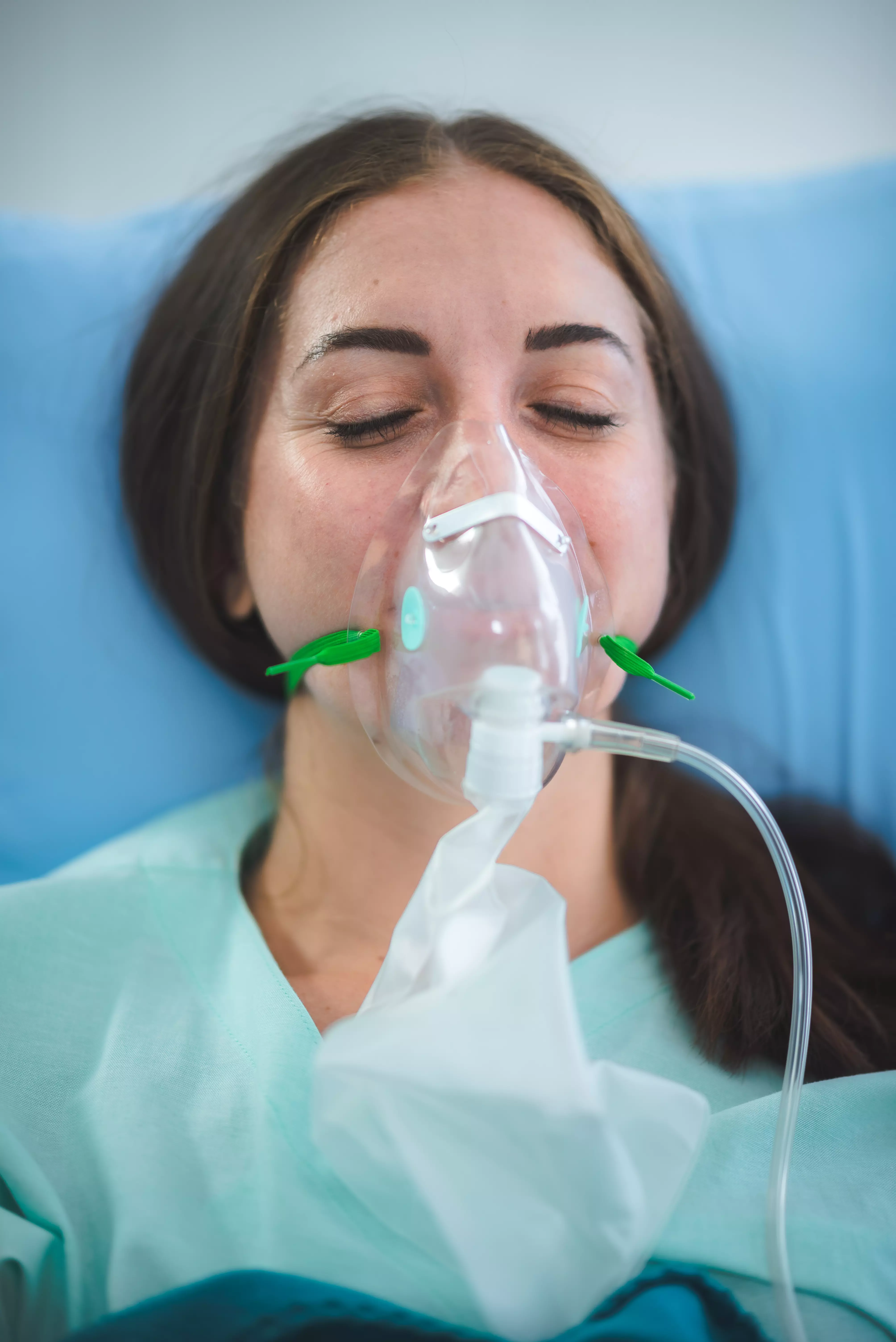How do the lungs function?
How do the lungs function?
In our body, the lungs play an extremely important role. They are responsible for supplying oxygen to our body, as well as removing carbon dioxide. That's why it's so important for us to be aware of exactly how the lungs function.
Air filters
The first important function of the lungs is air filtration. With the air inhaled through the nose and mouth, many microorganisms, as well as pollutants, enter our body. The lungs are equipped with microscopic hairs, called cilia, which perform the filtering function. These cilia move in tact, moving dirt particles toward the mouth so that we can spit them out. Therefore, let's take this natural protection into account and keep the air we breathe clean.
Gas exchange
One of the most important functions of the lungs is to supply oxygen to the body and remove carbon dioxide. Once it reaches the lungs, inhaled air travels through the airways until it reaches the alveoli. In these alveoli, there is a gas exchange of oxygen and carbon dioxide between our body and the air around us. The oxygen-rich air is absorbed through the thin walls of the alveoli, and in return carbon dioxide, a byproduct of our metabolism, is removed from the body.
Resistance to infections
The lungs are an important part of our immune system. It consists of various types of cells and substances that protect our body from infections. The most important role is played by the epithelial cells of the respiratory tract, as well as macrophages, which are responsible for destroying microorganisms and other substances harmful to the body. It is important to support our lungs and immune system through a healthy diet, regular physical activity and avoiding smoking.
Flexibility and relaxation
Another important function of the lungs is their flexibility. The lungs are composed of lung tissue, which stretches and contracts under the influence of respiratory muscle movement. During inhalation, the respiratory muscles stretch, causing the lungs to increase in volume and take in more air. Conversely, during exhalation, these muscles contract, causing air to be blown out of the lungs. This flexibility is crucial to our healthy breathing.
Effects on other systems
The lungs not only supply oxygen to our body, but also affect other systems and organs. For example, they affect heart function. When we inhale, the lungs increase in volume, thus creating negative pressure in the chest cavity. This negative pressure draws blood to the lungs, and then the heart pumps it to the rest of the body. In addition, the lungs are also linked to the endocrine system, as the production of certain hormones depends on the supply of sufficient oxygen.
Summary
The lungs are an extremely important organ in our body. They are responsible for supplying oxygen to the body, removing carbon dioxide, filtering the air, resisting infections, flexibility and have an impact on other systems. Therefore, it is worthwhile to take care of the health of your lungs through a healthy lifestyle and regular check-ups. Let's make sure our lungs are working efficiently and providing us with enough oxygen to ensure healthy functioning of the entire body.
